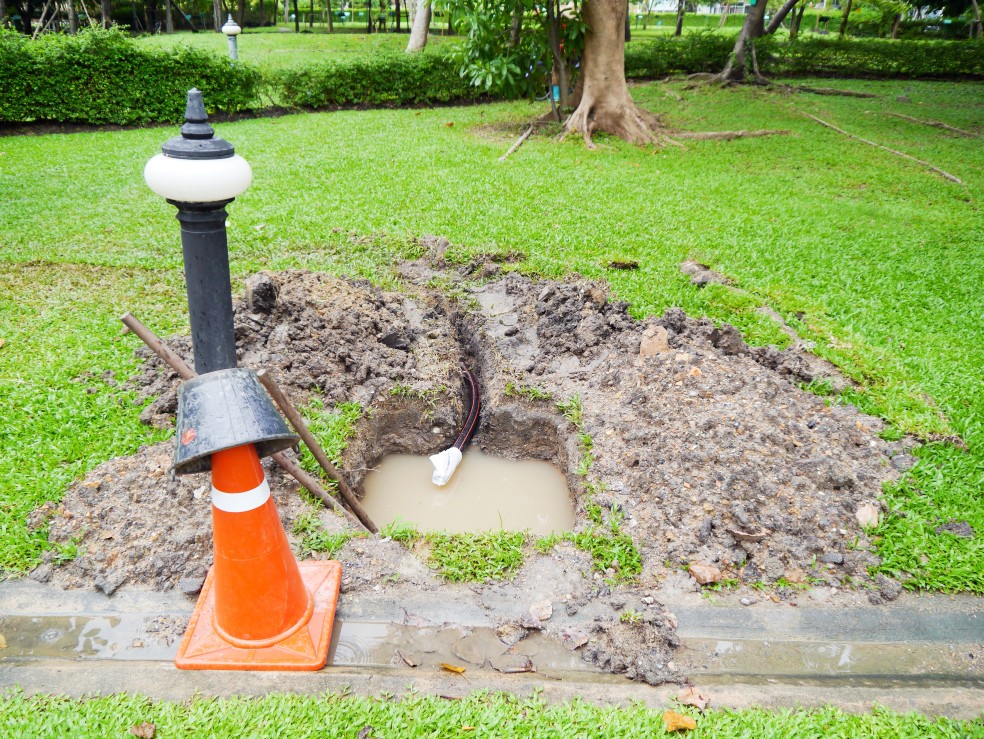
Although the weather is still pretty frosty, spring really is going to be upon us in no time. We all relish the warm weather and happily accept the showers that come along with it. Your plumbing, however, can be severely impacted by the changing season. Melting snow, rain showers and growing tree roots can all wreak havoc on your main sewer line, causing clogs and potential back ups.
What Happens When the Sewer Line Backs Up?
If your sewer gets blocked or clogged and is not properly cleared in time, you can end up with that sewage making its way up through your sinks and bathtubs, or even onto your front lawn! Not only is this unpleasant at best, it is a real safety hazard to come into contact with raw sewage. Sewer back ups can lead to costly abatement and repairs to your home – unexpected expenses and hassle that no home owner wants to deal with!
So, how do we prevent this disgusting debacle? We know you aren’t in the habit of inspecting your sewer lines on a regular basis, so here are 4 symptoms of a possible sewer back up for you to look out for:
- Slow drains – slowly draining tubs, showers and appliances like dishwashers and washing machines could be an important clue that the water level in your sewer is abnormally high.
- Smelly drains – if you notice an unpleasant smell in most or all of your drains, you could be headed for trouble. This could mean that sewage is already backing up in your lines, or at the very least, is not draining properly.
- Soggy or wet spots around your underground sewage or vent pipe outside – this could be a sign that the raw sewage is seeping out of cracks or vents in your plumbing.
- Water back-ups – if your drains back up when you use a different water source in your home, this could indicate that the sewers aren’t clearing properly.
An Ounce of Prevention is Worth a Pound of Cure
If you notice any of these signs, don’t hesitate to call Rite Tech right away. We will come assess your plumbing, and let you know if you have any cause for concern. If your sewer is blocked, we can clear it for you before any of the nasty damage from overflowing sewage occurs in your home. This is one case where the “wait and see” approach can cost you way more than the price of prevention. If you suspect sewer problems, have your plumbing inspected before your little problem turns into a really big one!
